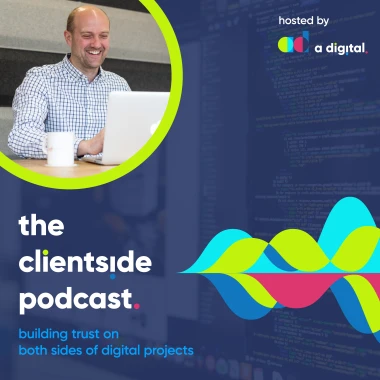
Lead generation and SEO with Danielle Gagnon
The Clientside Podcast
40 min Danielle Gagnon
In this episode of the Clientside Podcast Andrew Armitage talks to Danielle Gagnon, a SEO ninja who helps entrepreneurs and small business owners turn their passions into profit online.
We discuss how you can generate leads from your website using various methods including landing pages, freebies and SEO.
We also discuss how tracking these methods is vital to succeeding, and how it doesn't have to be expensive or scary to do so. Danielle shares some top tips and tools that you can use to start generating your own leads today.
Listen on your smart device or read the transcript below
Anybody that has ever looked into search engine optimisation before probably knows that keyword research is a big piece of it. Knowing the words and phrases you need to be using on your website. If you don't do that piece, you're not going to have success in search engines.
Danielle Gagnon Tweet